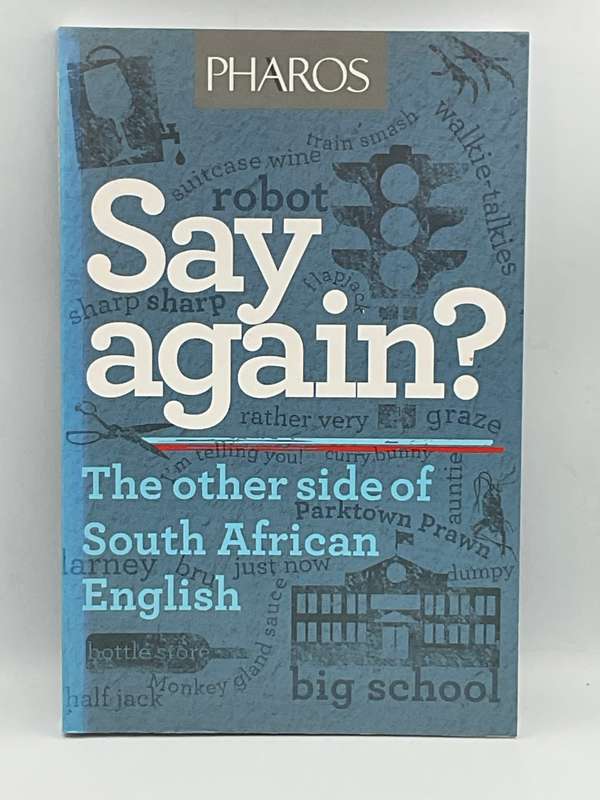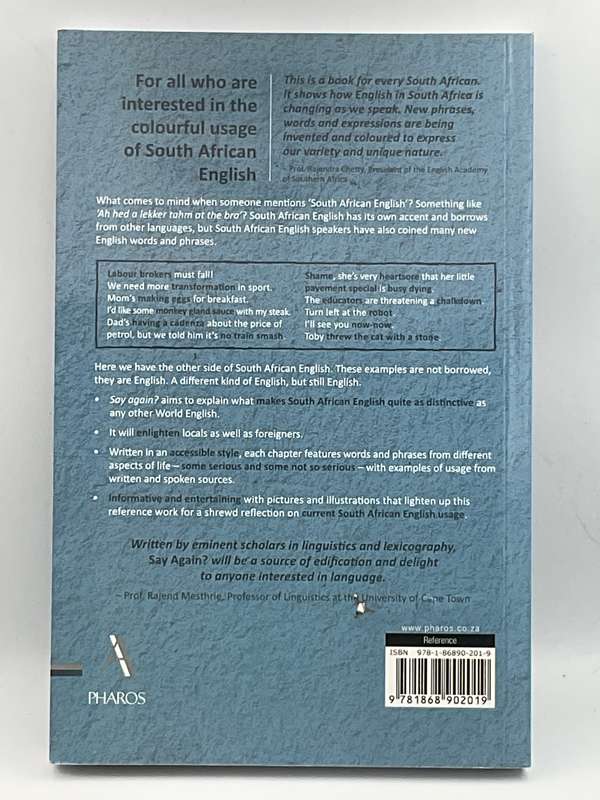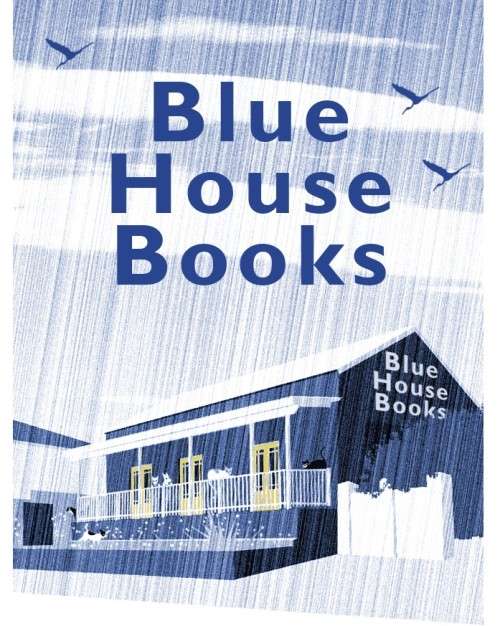





Say Again? The Other Side of South African English by Jean Branford & Malcolm Venter
Check my rate
| Main centres: | 1-3 business days |
| Regional areas: | 3-4 business days |
| Remote areas: | 3-5 business days |






| Main centres: | 1-3 business days |
| Regional areas: | 3-4 business days |
| Remote areas: | 3-5 business days |
Many of our South African English structures have unexpected meanings or usages which are not found in General English. South Africans are also, like their counterparts elsewhere, linguistically creative, and have coined many new English words and phrases. You may readily recognise some of these items, but there will be others which you will be surprised to learn are unique to South Africa. It is this, as much as our accent and the borrowings, which makes South African English quite as distinctive as any other World English.
Would you, for instance, recognise South African English if you came across debates about labour brokers or transformation; or if you heard of someone who was making eggs, ordering monkey gland sauce, having a cadenza, busy dying or taking their pavement special to the vet? Would you identify a fellow South African if you were told that she still told you about something, or that someone is a real Model C, or that the teachers are threatening a chalkdown? And what about the children playing doctor-doctor are they South African?
Maybe you have been surprised when you came across an overseas visitor who was waiting impatiently because someone had promised to meet her just now but had not yet arrived ten minutes later. Maybe you confused the visitor further by replying, No, Im fine when she inquired after your health.
And what about the person who says she is having a boyfriend in Joburg, or threw the cat with a stone, or forgot her jersey at the restaurant or enjoys hot-hot chips? Or perhaps he tells someone that a situation is very, very dire and that he therefore needs an advice? These may sound strange or even incorrect to some, but it is still English, just a different type of English: South African English.
Binding: Soft cover
Book Condition: Good condition
Edition: First Edition First Impression 2016
Follow the link below to view our other listings: